by Lois Tverberg
Afterward Moses and Aaron went to Pharaoh and said, “This is what the LORD, the God of Israel, says: `Let my people go, so that they may hold a festival to me in the desert.'” Pharaoh said, “Who is the LORD, that I should obey him and let Israel go? I do not know the LORD and I will not let Israel go.” Then they said, “The God of the Hebrews has met with us. Now let us take a three-day journey into the desert to offer sacrifices to the LORD our God, or he may strike us with plagues or with the sword.” Exodus 5:1-3
During Moses’ encounters with Pharaoh, God told him to tell Pharaoh that the Israelites needed to take a three-day journey into the desert to worship him (Ex. 3:18, 5:3, 8:27). This is confusing because it sounds as if they are asking for a long weekend off, and then they’ll come back. But in fact, in no place does Moses say that they will return afterward.
Another suggestion is that the phrase “three-day journey” is actually not about the length of time they plan to be away, but the distance they need to travel from Egypt before they worship God. In the Scripture, measuring distance in “days of journey” was common. (See Gen 31:33, Num 10:33, Deut 11:1, 1Ki 19:4, etc.) Moses was likely saying that people must be far away from the false”gods” and oppression of Egypt before they worshipped God, or their awesome God might release plagues and destruction. The Egyptians were the ones in danger!
It seems that Pharaoh was undaunted by Moses’ warnings about the power of his God, and he refused to let the Israelites go a safe distance from Egypt. It is easy to imagine that as this holy God approached his people, getting nearer and nearer, the plagues on Egypt became increasingly worse. First the river ran red from some distant danger sweeping downstream, then the insects started swarming, then the animals started dying, then the sky blackened with hail and locusts and utter darkness as this awesome God approached Egypt.
Finally, when the Israelites went ahead and sacrificed a lamb and worshipped their God right in the midst of Egypt, his full power was unleashed on the Egyptians and destruction poured out on the oppressors of his people. Because Pharaoh would not release Israel to worship their holy God, he came to punish their captors and release them himself.
Photo: John Martin

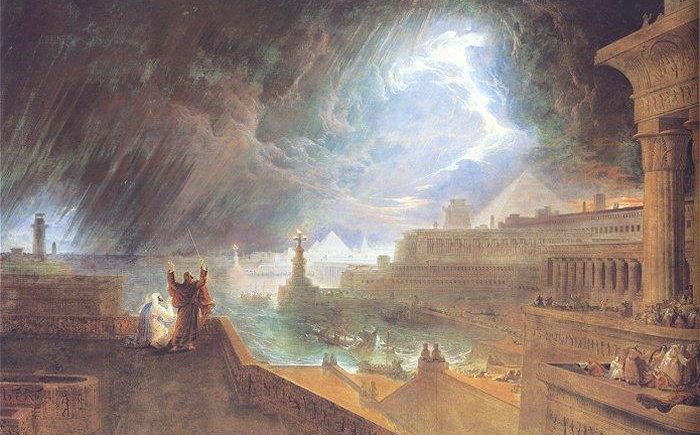
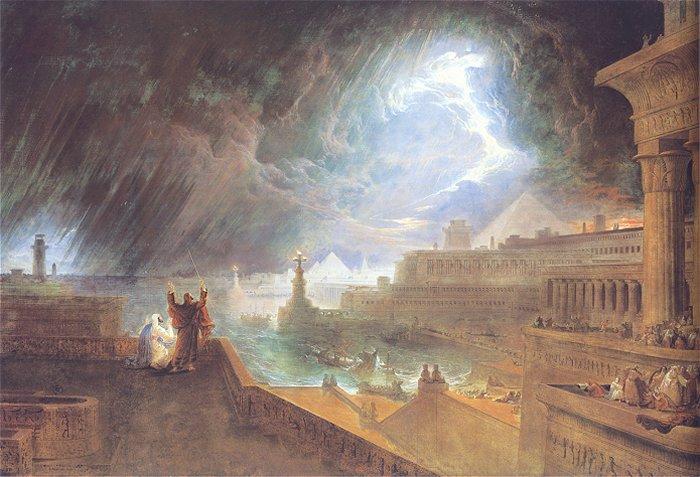
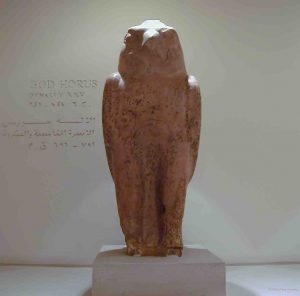
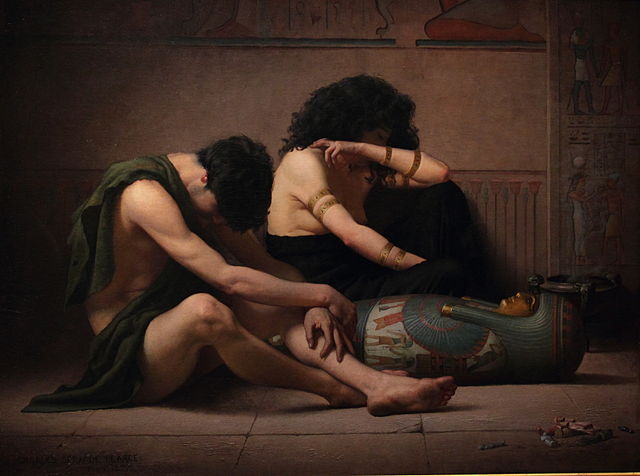
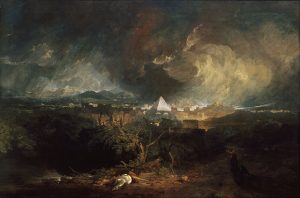 e LORD said to Moses, “When you go back to Egypt see that you perform before Pharaoh all the wonders which I have put in your power; but I will harden his heart so that he will not let the people go. – Exodus 4:21
e LORD said to Moses, “When you go back to Egypt see that you perform before Pharaoh all the wonders which I have put in your power; but I will harden his heart so that he will not let the people go. – Exodus 4:21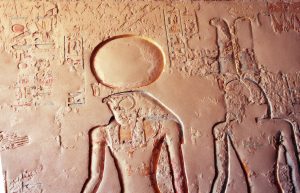 Israelites, but to declare that God was supreme over the many “gods” that Egypt worshipped (Ex.
Israelites, but to declare that God was supreme over the many “gods” that Egypt worshipped (Ex.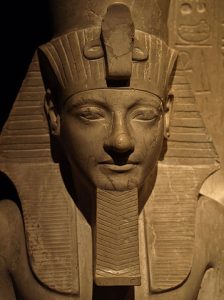 Many of us struggle with the fact that God said that he would harden Pharaoh’s heart, so that God could bring all ten plagues on Egypt before he finally would free the Israelites. It seems like Pharaoh might be innocent pawn which God callously manipulates.
Many of us struggle with the fact that God said that he would harden Pharaoh’s heart, so that God could bring all ten plagues on Egypt before he finally would free the Israelites. It seems like Pharaoh might be innocent pawn which God callously manipulates.